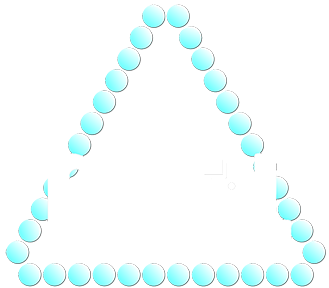Publikation Kühlkreisläufe mit Verlinkung auf Paper mit UNIPER, VATTENFALL, RHEINENERGIE, MPI:
Almost every chemical process involves at least one cooling step. Engineers have developed a wide range of cooling techniques for increasing the efficiency of the production process. In cooling circuits, the energy transfer is a result of the partial evaporation of water. This is accompanied by changes on hydrate shells, which influences the entire system combined with precipitation reactions and scaling effects.
In technical applications, the agglomeration and deposition of organic as well as inorganic substances is highly undesirable, both from a technical and an hygienical point of view.
The conventional biocidal treatment methods are mostly not able in fulfilling applicable regulations and managing deposits troubles at the same time.
Efficient Solution with Modern Catalysts
MOL Katalysatortechnik GmbH is offering sustainable solutions by using as less chemicals as possible in combination with a special heterogeneous catalyst as a smart tool on efficient cooling water treatment. This results in a markedly raised efficiency of the cooling process. In the end, manual intervals are enlarged – without any troubles in fulfilling applicable regulations.
Customers Benefit
- Improved MTBF (Mean Time Between Failure)
- Fulfilling SDGs (Sustainable Development Goals)
- Improved QHSE performance (Quality, Health, Security & Environment)
Check out further information via: sales@molkat.de



